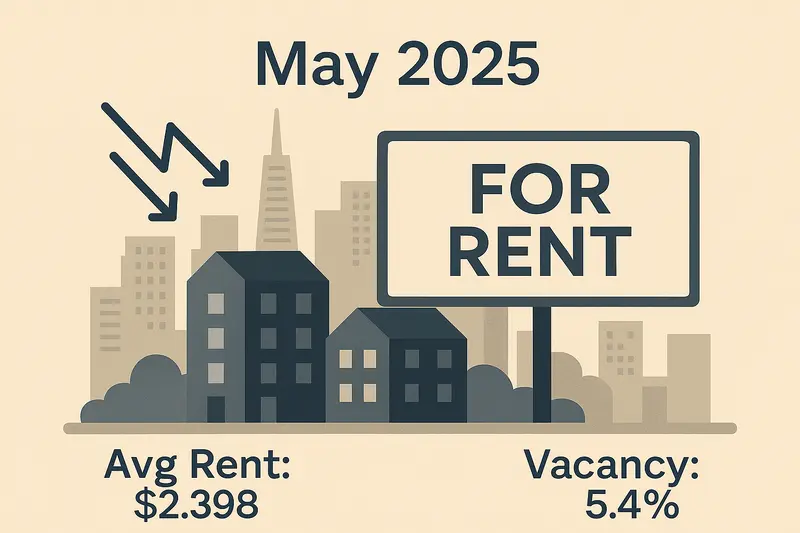Tenant Dies in a Rental — Lease, Possessions and Landlord Next Steps
Question
Answer
Short answer: a tenant’s death does not automatically cancel the lease, and the landlord must handle the situation sensitively while following state and local rules for the lease, unpaid rent, and personal property. Begin by securing the unit and locating the tenant’s next of kin or executor.
Legally, the lease usually survives the tenant’s death and becomes an obligation of the deceased tenant’s estate (or continues with any remaining co-tenant or qualifying successor). Some exceptions exist (for example, rights of a surviving joint tenant, or specific state statutes that allow immediate termination in certain housing programs). If no one takes possession, landlords often must follow the state’s abandoned-property and eviction procedures rather than unilaterally clearing the unit.
Practical steps landlords should take:
- Contact emergency services and wait for official confirmation; obtain a copy of the death certificate through proper channels before taking further action.
- Secure the property (lock doors, document condition with photos) to protect personal items and prevent unauthorized entry.
- Identify and communicate with the tenant’s next of kin, executor, or personal representative; coordinate removal of belongings and a move-out date.
- Follow your state’s abandoned-property rules before disposing of any items — hold periods commonly range from a few days to 30+ days and procedures vary by jurisdiction. Document everything.
Money, deposits and lease obligations: the estate (or remaining tenants) may be responsible for unpaid rent and damages; landlords may apply the security deposit to allowable charges and must follow state rules for accounting and returning any remaining funds. If the estate won’t cooperate, landlords must use local eviction or collections procedures rather than self-help. For public or subsidized housing, additional HUD reporting and recoupment rules apply.
Because state laws and lease language differ, it’s advisable to consult a local attorney or experienced property manager before removing property or making charge decisions. Keep communications factual and compassionate, keep thorough records, and don’t dispose of belongings until you comply with applicable notice and holding requirements.


